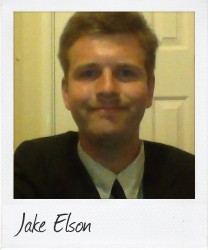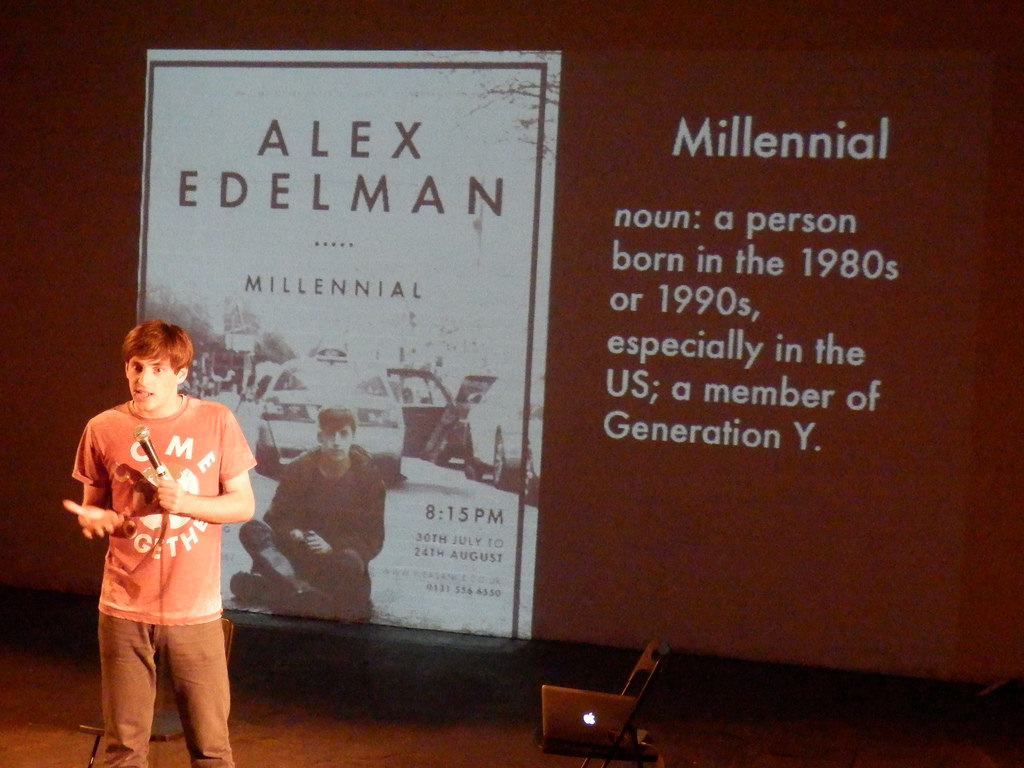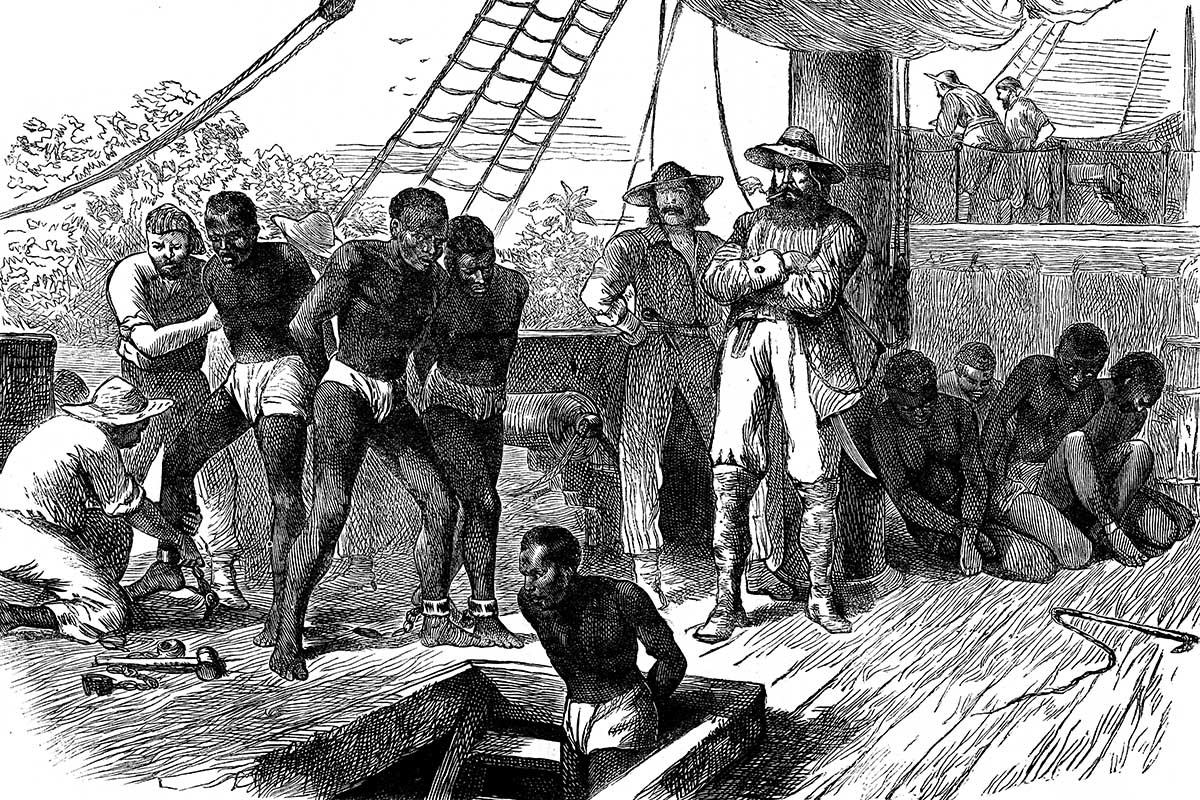“Millennials and the quest for personal identity”
April 19 The so-called Millennial generation is the target of considerable criticism, but Jake Elson, 23, a Commonwealth Correspondent from Bunbury in Australia, urges perspective and suggests taking another view of the emerging generation.
The so-called Millennial generation is the target of considerable criticism, but Jake Elson, 23, a Commonwealth Correspondent from Bunbury in Australia, urges perspective and suggests taking another view of the emerging generation.
As I read my Facebook feed, a rather humorous petition popped up – Free the Moustache at Bunbury Catholic College. Considering this was the high school I attended, I was interested at what they had to say. My first opinion was that those behind it would most likely be frogmarched to the Headmistress’s office during Homeroom the next day of school and get a lengthy suspension for disrespecting the school (well, labelling the School Leadership ‘Corrupt’ would warrant such an incident). The second opinion one was ‘Is this another case of millennial selfishness or a quest for an identity shaped around choice?’
Millennials get it rough, that there is no question. Labelled as narcissistic, underachievers, lazy, bad team workers, basically everything that in the working world would keep you unemployed, it is a stigma that is hard to shake off.
There is some truth to this. Yet, this has more to do with the mollycoddling of children by their parents than an actual generational shift. I call this the ‘Private Pike’ Generation after the hapless character from the 1960s television series ‘Dad’s Army’. Children are shielded from the realities of the world, given a false sense of security, then crumble once they are let out. There is also the argument that Millennials are anti-social, more interested in their own hobbies and interests than what other generations consider more important. But is that a fair assessment?
One should remember that the generation making this allegation, the Baby Boomers, themselves faced the same allegations as they proliferated anti-conscription protests, focused on Free Love, and squandered the wealth and prosperity their parents, many of them WWII participants, had left behind. It should also be brought to light that what may be perceived as anti-social behaviour is actually a disinterest in a system that is perceived to be failing and most certainly does not work in their favour.
It is a fallacy that Millennials are all lazy narcissists who favour socialism because it offers them a free ride. With socialism, millennials (unfortunately) look favourably to it for the same reason as their contemporaries prefer Trump. They hate the system. Of course, my advice would be for millennials to disavow socialism and Trump as false idols – they need to forget failed systems and cut their own path. Indeed, this is something Millennials are actually good at.
When I went to school, the mantra of the establishment was ‘You must do well at school and get into University to get a good job or you will be a failure for life!’ With high student debt, an ever decreasing quality of university education churning out more students than jobs available and, consequently, lack of employment prospects, many Millennials have considered this scare campaign as such. It might have well been written by Tony Abbott! Instead, many Millennials are choosing other paths. Entrepreneurial opportunities have boomed with this generation. I am amazed, even in my own city, by the number of small businesses founded by Millennials. But it’s not all about the pursuit of wealth. The focus is more on personal enrichment, be it spiritually or by the acquisition of skills. They want to change the world they live in. So much for narcissistic socialists!
All this returns to the question – how do Millennials identify themselves? For previous generations, it was by social class. You were rich or poor, Protestant or Catholic, Carlton or Collingwood. You had to fit the mould or be considered, as Mr. Burns would do, a ‘free thinking anarchist’. Millennials in contrast have thrown the mould into a pool of molten steel. The rigid identity constructs of the past to them are anachronistic, as they prevent personal expression.
At school, the concept of what is ‘scruffy’ and what is not flies in complete contrast to what they themselves believe. If anything, schools sometimes worry more about the image of the institution than a student’s right to personal expression. Millennials, on the other hand, do not like having the will of a minority imposed on them. They want freedom of choice. Choice is to them what the right to vote was to the English Chartists.
The Millennials are no angels. But no generation is. The Greatest Generation, the one that smashed fascism, created the Baby Boomers, who created Gen X, who created us. But to criticise us just because we see the world differently is unjust. It is even more unjust, dare I say hypocritical, when such allegations were labelled against them. Millennials deserve a chance to prove themselves. They deserve the right to change the world to their vision. Who knows, after the calamity of the previous decade, it may well be what the world needs.
photo credit: Diamond Geyser Yard Laughs 24/06/14: Millennial via photopin (license)
…………………………………………………………………………………………………………………
About me: I am a history buff, but also am into soccer. I referee soccer, and would like to go FIFA one day. I’m currently studying politics and international relations at Edith Cowan University. My aim is to become a police officer in Western Australia, and I would like to be Prime Minister one day.
I am a Conservative and a Monarchist, and believe in the role of the Commonwealth as a tool for good.
…………………………………………………………………………………………………………………
Opinions expressed in this article are those of the author and do not necessarily represent the views of the Commonwealth Youth Programme. Articles are published in a spirit of dialogue, respect and understanding. If you disagree, why not submit a response?
To learn more about becoming a Commonwealth Correspondent please visit: http://www.yourcommonwealth.org/submit-articles/
…………………………………………………………………………………………………………………




